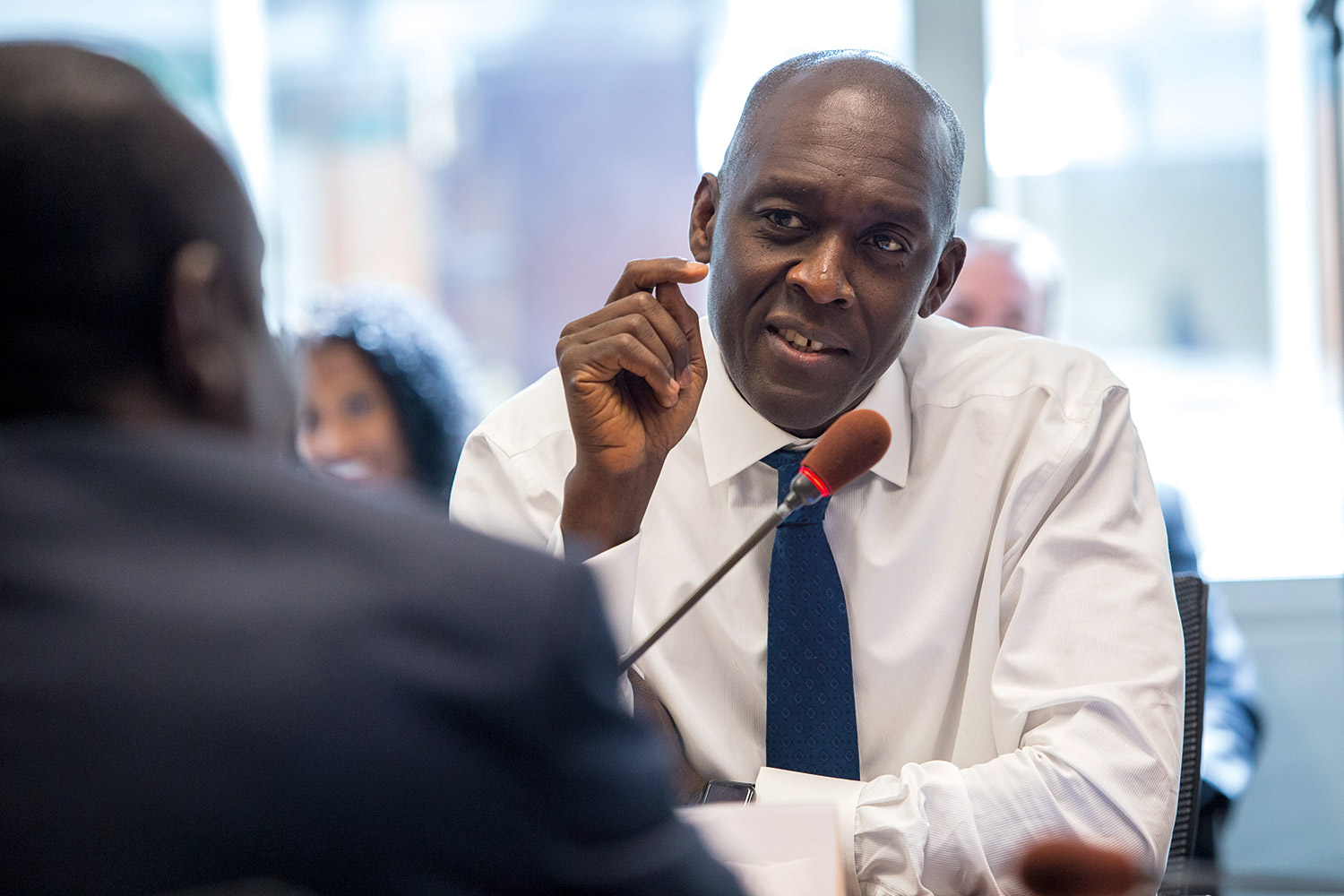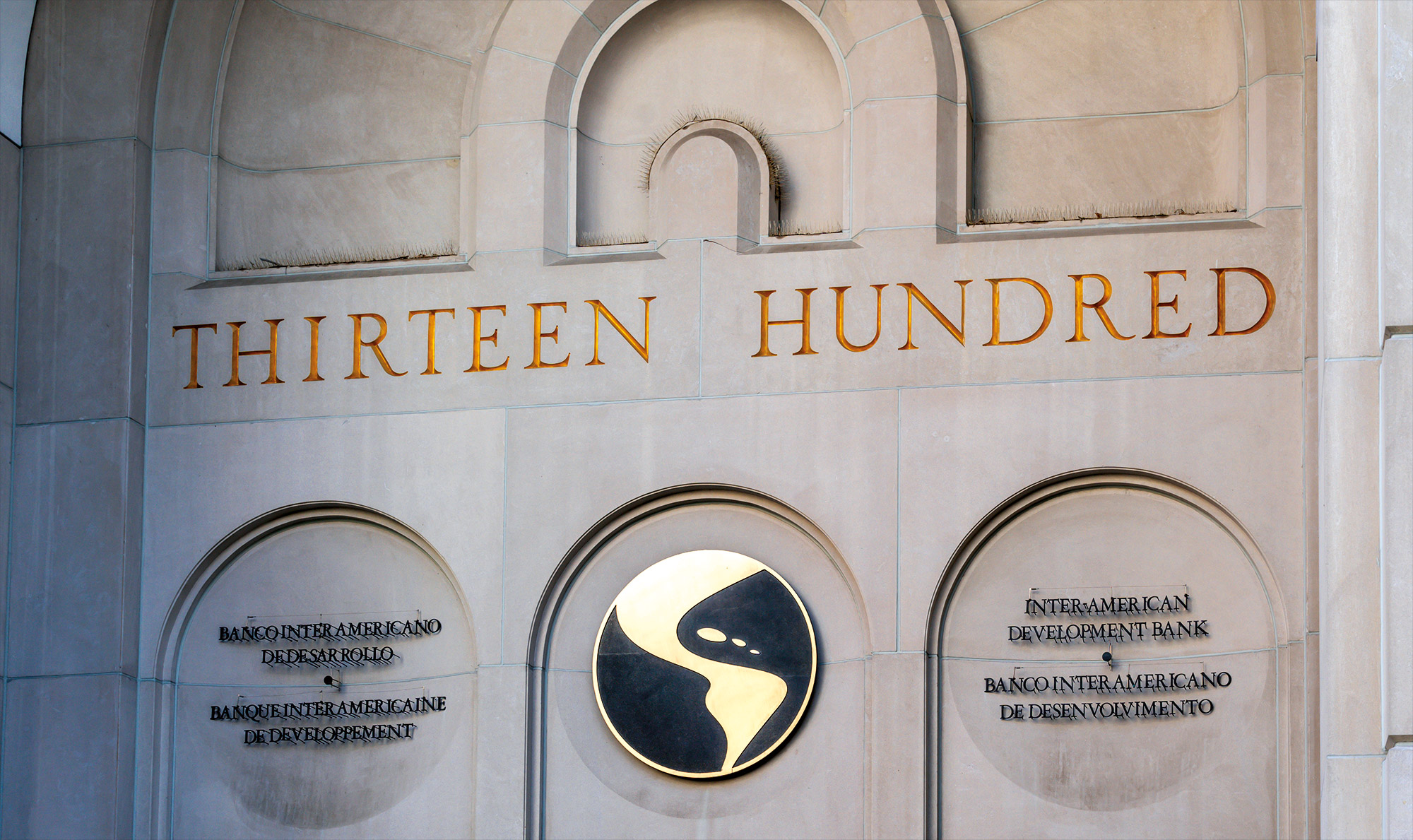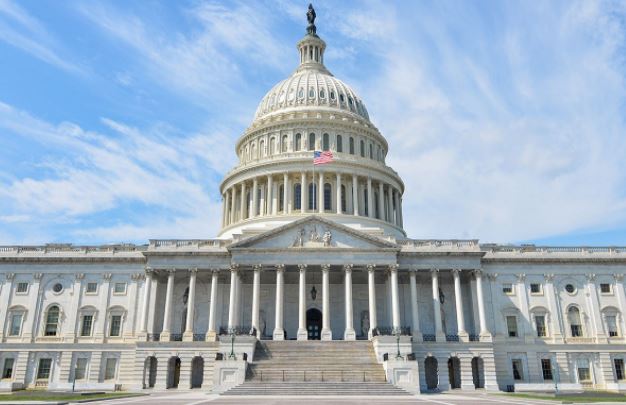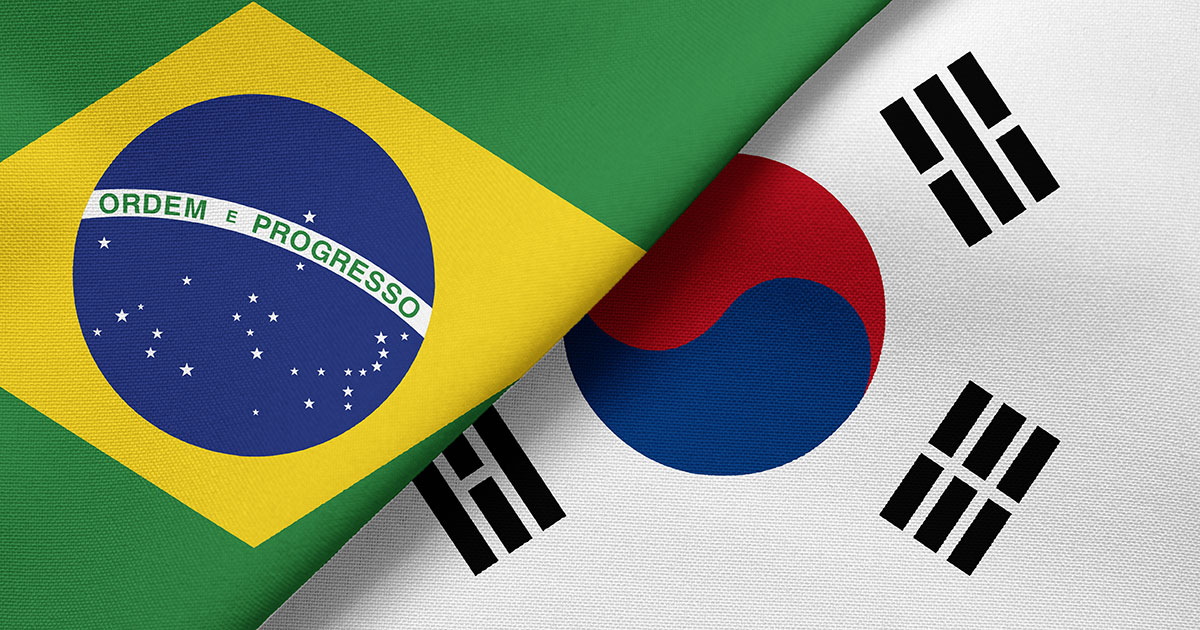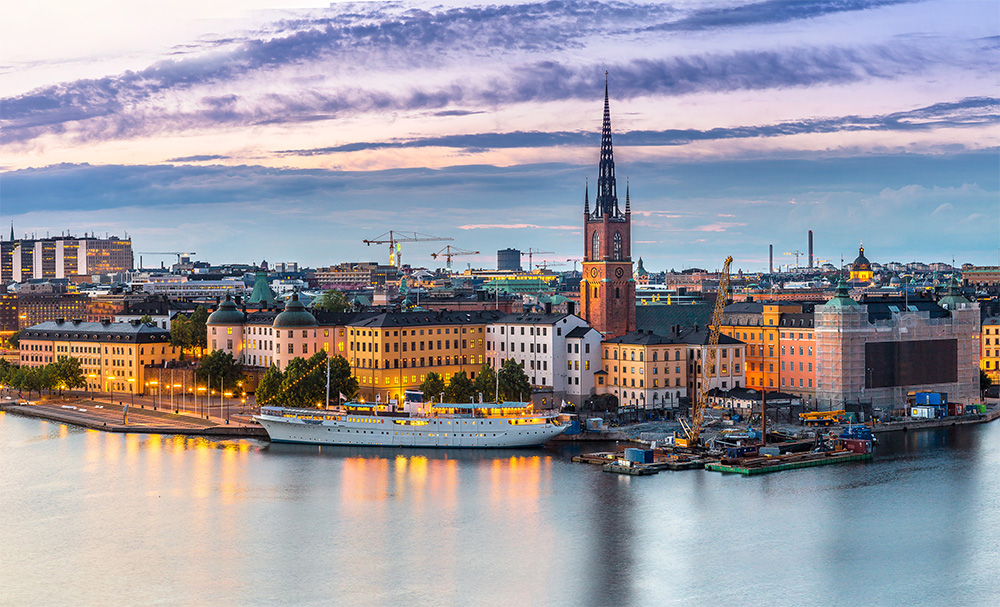[vc_row][vc_column width=”1/2″][vc_column_text]
Brazil
Brazil is the ninth largest economy in the world by nominal GDP and the largest in Latin America. It is a member of the G20 and Mercosur. The country is rich in natural resources including gold, uranium, iron ore, and timber. Services is the largest sector (62 percent of GDP in 2018) followed by manufacturing (9.7 percent) and agriculture (4.4 percent). In 2017, its largest export sectors were agriculture (36 percent of total exports), minerals (18 percent), ICT services (13 percent), and vehicles (7.8 percent). The largest individual exports were soya beans (9.7 percent), ICT services (8.2 percent), iron ore (7.5 percent), and oil (6.9 percent). Its largest export partners were China (21.8 percent), Argentina (7.7 percent), and the USA (3.5 percent percent). Its largest goods imports are oil (7 percent) and car parts (4.3 percent).By the 1900s Brazil produced up to 75 percent of the world's coffee beans but when the price of coffee halved in 1929-30 and the great depression hit, the economy fell into recession. After World War Two, the country turned towards protection and import substitution. This led to industrialisation and high growth but by the 1980s industry had become uncompetitive and the economy suffered stagflation as its terms of trade decreased in response to the 1970s oil shocks. The government also borrowed heavily during this period and by the 1990s, the economy was experiencing hyperinflation. Comprehensive reforms in the 1990s, including increased fiscal discipline, liberalisation, and a new currency regime saw the country return to growth. From 2000 to 2012 as the resource boom hit, Brazil became one of the fastest-growing economies in the world, with an average annual GDP growth rate of over 5 percent. This pulled 29 million people out of poverty and led to a decline in inequality. When the global financial crisis hit, Brazil was in a good position to counteract its effects. In 2015, the country experienced one of its worst recessions as resource prices fell and confidence collapsed. The economy has since recovered and with much needed pension reforms passing, conditions are in place for renewed growth.
[/vc_column_text][vc_column_text] Its population in 2018 was 210,867,954 [1]
Its population in 2018 was 210,867,954 [1]
 In 2015, 43.79% of its total energy
In 2015, 43.79% of its total energy
consumption was renewable [2]
 In 2021, its GDP grew by 4.62% [2]
In 2021, its GDP grew by 4.62% [2]
 In 2021 it had a negative Current
In 2021 it had a negative Current
Account Balance of US$bn 27.93 [3]
 Its unemployment rate in 2021 was 14.20% [3]
Its unemployment rate in 2021 was 14.20% [3]
 Its Expenditure on R&D (as a percentage of
Its Expenditure on R&D (as a percentage of
GDP) in 2019 was 1.21% [2]
 A Big Mac will set you back the
A Big Mac will set you back the
local equivalent of US$4.55 [4]
What free trade areas or economic unions is it a member of?
Member of the Southern Common Market (MERCOSUR) since 26/03/1991
Other members:
What trade deals are there between Southern Common Market and other countries and economic unions?
MERCOSUR - Egypt free trade agreement (from 03/03/2026)
MERCOSUR - Israel free trade agreement (from 03/03/2026)
MERCOSUR - Lebanon free trade agreement (from 03/03/2026)
MERCOSUR - State of Palestine free trade agreement (from 03/03/2026)
MERCOSUR - CAN free trade area (from 31/12/2003)
MERCOSUR - India partial scope agreement (from 01/06/2009)
MERCOSUR - SACU partial scope agreement (from 01/04/2016)
MERCOSUR - Mexico partial scope agreement (from 28/12/2016)
MERCOSUR - Chile partial scope agreement (from 10/03/2017)
[/vc_column_text][vc_column_text]What trade deals are there with other countries and economic unions?
Protocol on Trade Negotiations (from 11/02/1973)
Brazil - Mexico partial scope agreement (from 02/05/2003)
[/vc_column_text][/vc_column][vc_column width=”1/2″][vc_column_text]The Two Sides of Capital Flows into Brazil
World Bank’s Vice President for Infrastructure: Now is the Time to Rethink Transport and Logistics
Don’t Expect Miracles from the Multilaterals
When It Pours, Rainy Day Funds Help – A Little
Cristina Junqueira, Nubank Co-Founder: Brazil’s Wonder Woman of Fintech
Uruguay: A Near-Perfect Country to Live, Work, and Play Post-Covid-19
Otaviano Canuto: Brazil, South Korea – Two Tales of Climbing an Income Ladder
Sweden – A Controversial Approach Belatedly Vindicated
Lord Waverley: Making the Case for Emerging Markets
Otaviano Canuto: Economic Recovery From the Pandemic May Come to Resemble a Square Root
Trade with the United Kingdom
Source: UK Office for National Statistics, October 2022.
Contains public sector information licensed under the Open Government Licence v3.0.















































































